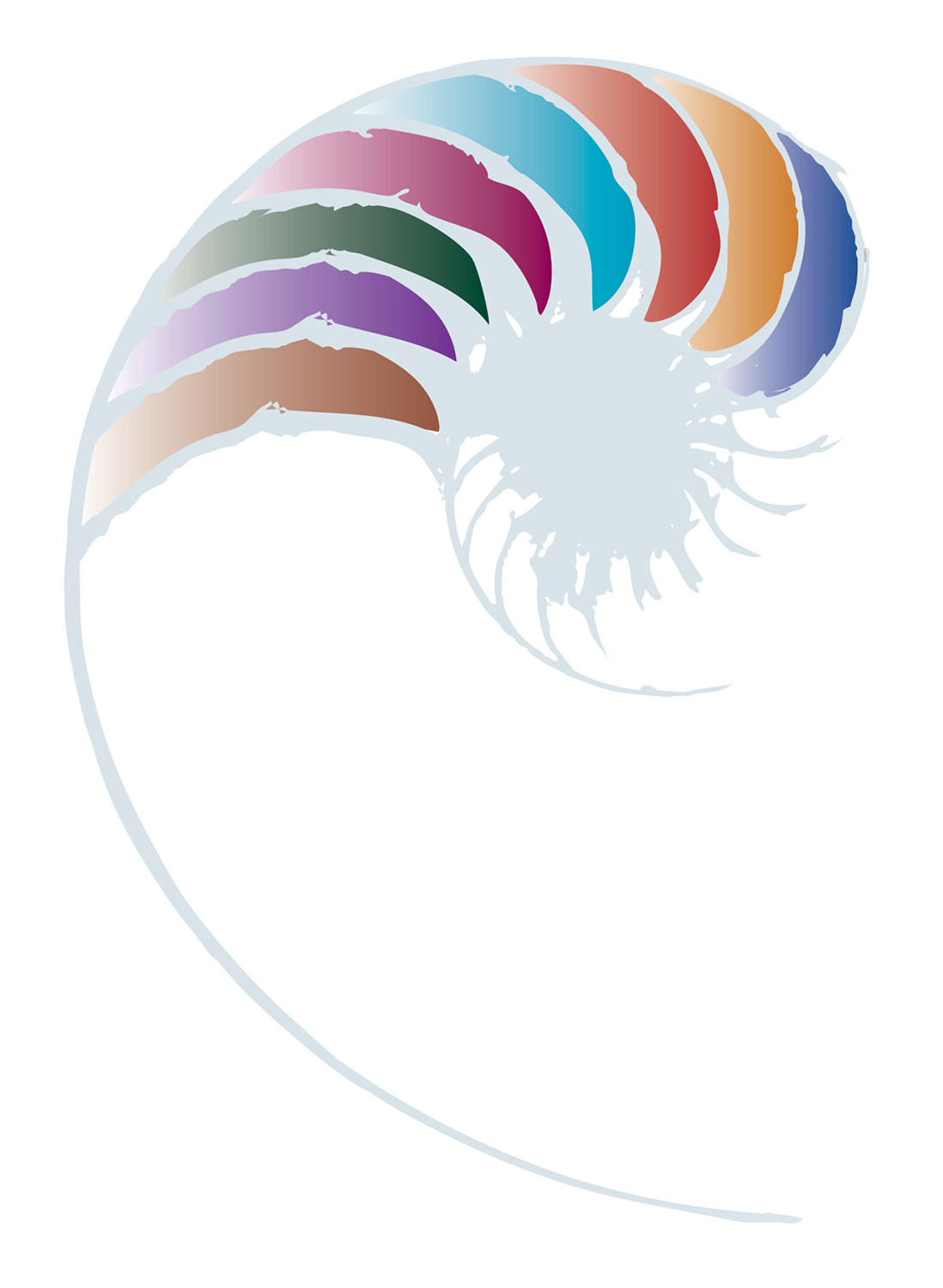Gifted learners in early learning
Resources from the recent Pito mata – notions in giftedness in early learning professional development programme and stories of practice. Resources focus on te ao Māori notions of giftedness.

Te Whāriki states that to learn and develop to their potential, children must be respected and valued. Part of respecting and valuing gifted children is recognition and understanding of their characteristics and needs.
Being a gifted learner can be challenging, and the definition and understanding of giftedness itself is complex and covers a range of different types of ability. It is important that the diversity of giftedness is recognised and supported.
We align giftedness with neurodiversity. The term neurodiversity recognises the natural variability of how brains engage in learning, perceive information, and organise and communicate thinking.
Exceptional ability and giftedness have distinct cultural components that the education system needs to be able to support. For Māori and Pacific people, identity, language, and culture are core to understanding and responding to giftedness.
Pito mata: Notions of giftedness in early learning
This programme was offered to help kaiako support giftedness in their services.
At the heart of the programme is the kawe mana framework – a framework that upholds the mana of all – that draws on:
- intergenerational knowledge and wisdoms
- cultural values
- connections with land, people, God, Atua, and te ao wairua – the spiritual world
- an holistic view of the child in the context of their whānau, iwi, and hapū.
Stories of practice
- 1. Delaune, A. (2016). Emotional, social and relationship development for gifted and talented children in early childhood. He Kupu, 4(4). Retrieved from https://www.hekupu.ac.nz/social-emotional-and-relationship- development-young-children
- 2. Webber, M. & Macfarlane, A. (2020) Mana Tangata: The Five Optimal Cultural Conditions for Maori Student Success. Journal of American Indian Education (Vol. 59, Issue 1). University of Minnesota Press.
These websites have information that could also be useful for supporting giftedness.
About this resource
Resources from the recent Pito mata – notions in giftedness in early learning professional development programme and stories of practice. Resources focus on te ao Māori notions of giftedness.



